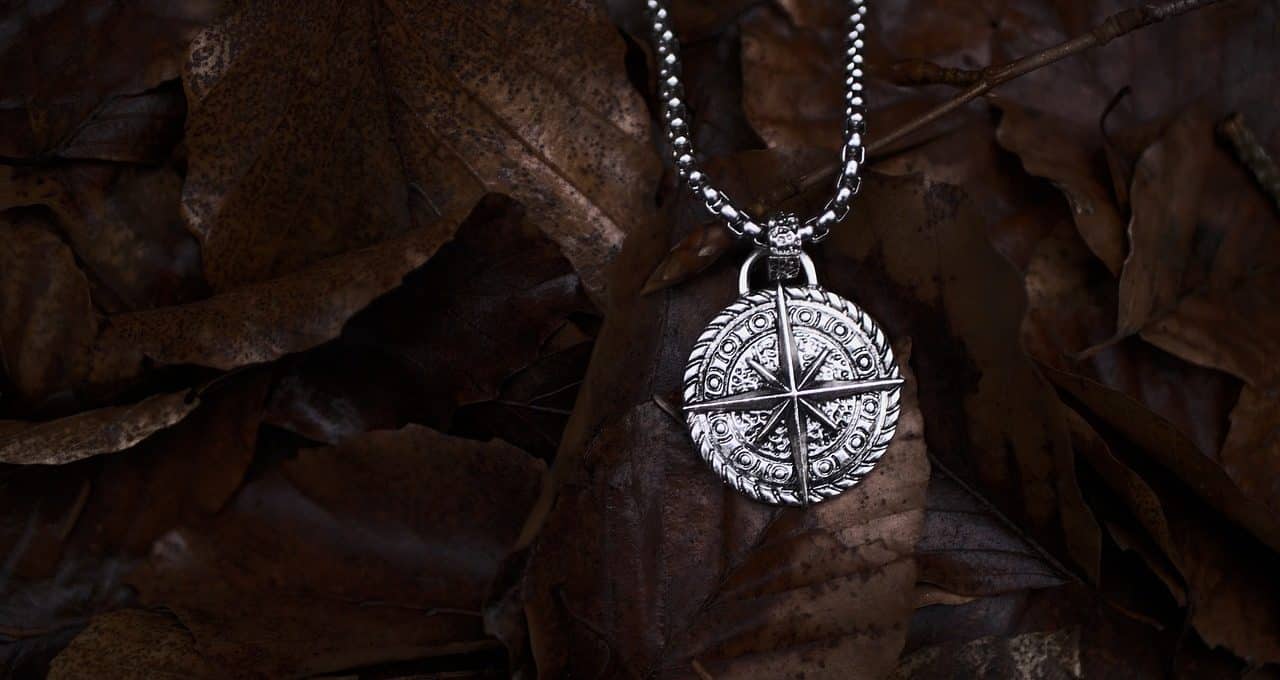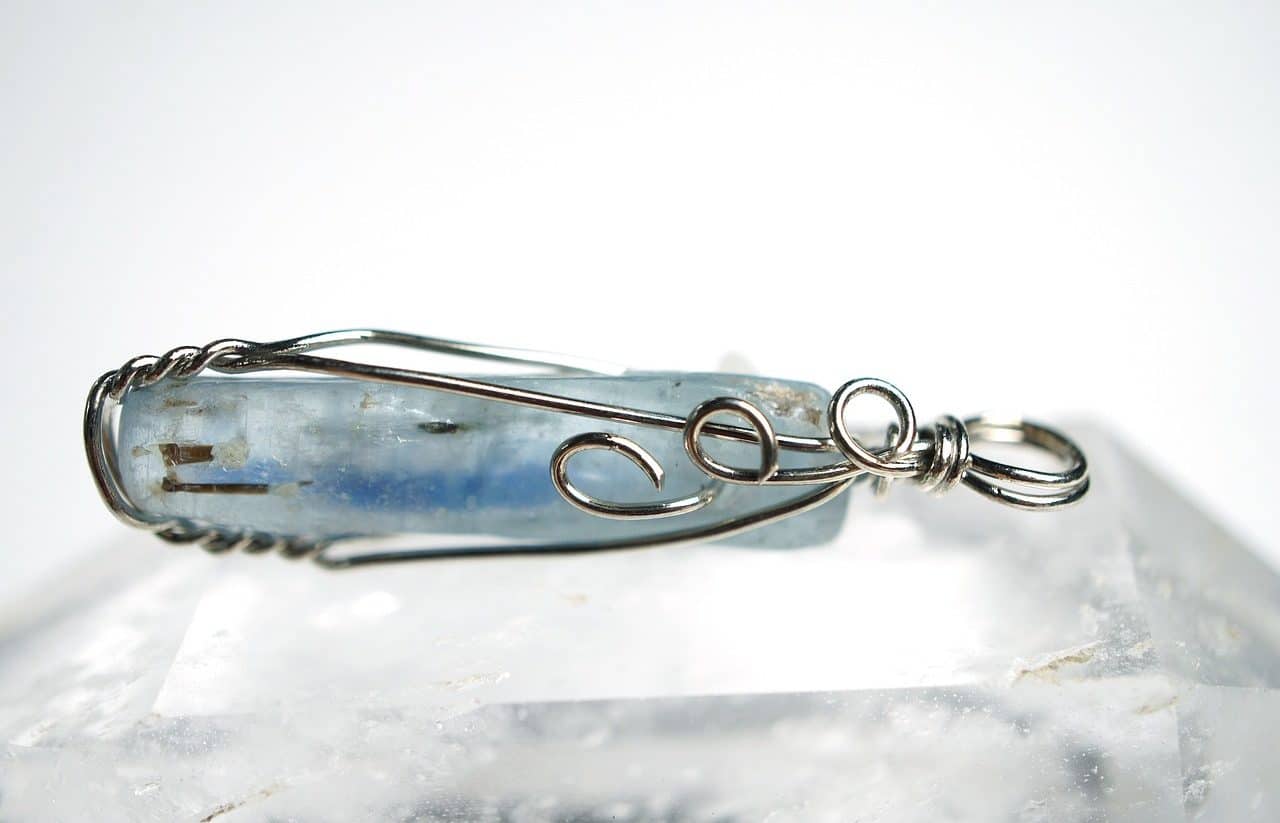
A talisman is an object to which special powers are attributed.
A talisman is an object that, based on superstition , is attributed certain special powers . It is a term whose etymology refers us directly to the French language. However, the concept has its earliest origins in Greek.
The talisman is often confused with an amulet (something that can encourage good and ward off bad). However, while the amulet is believed to possess its power inherently, the talisman must be consecrated or invested with its powers.
Development of a talisman
The talisman, in this sense, is developed under certain specific conditions that allow it to acquire its magic . Generally, its creation is associated with astrology and the symbolic figures that are often engraved on its surface.
The object that, once loaded with magical properties , becomes a talisman can be a stone, a four-leaf clover or a rabbit's foot, among others, which proves that there are not many restrictions regarding its origin, but the fundamental step is the act of consecration. This does not mean that the physical aspect should not go through any procedure: on the contrary, it is very important that it be worked with great care, so that it represents the harmony between the forces of the universe.
This does not prevent, however, the terms talisman and amulet from being used interchangeably in colloquial language. For example: “This gold medal is a talisman that has accompanied me since I was five years old,” “On a trip to the Middle East, a Bedouin gave me a talisman to protect me from adversity,” “The Chilean player became in the team talisman.”

The talisman is given its magical properties.
good luck
Many times, a talisman is named after someone or something that seems to bring good luck or guarantee a positive result .
Suppose that every time a certain soccer player plays, his team wins. Since he arrived at his club , he played five games and the team won them all. The player in question, therefore, is mentioned by the press as the “talisman” of the team.
About the etymology of talisman
Returning to the etymology of the word talisman, it is important to note that it is not the only one to have reached our language through a European language (in this case, French), despite having a different origin (Greek). Furthermore, before reaching the pages of French dictionaries it was adopted by Arabic and, later, by Neo-Persian.
A possible translation for the original term in Greek is "religious rite" , and this may refer to the need to subject the object to a certain magical or mystical practice so that it becomes a means of power and ceases to be a mere artifact. earthly. Other meanings of its more remote origins, in this case of the Greek term teleo , are "complete" and "consecrate" , which also highlight the importance of an intervention to finish giving meaning to the object.
The term teleo generally designated a precious or semi-precious stone, made of silver or gold, and usually had special shapes or inscriptions. Superstitious beliefs attribute to these objects a power or an apotropaic effect ; that is, the ability to ward off evil or protect its owner from it and any action or spirit that is intended to cause harm.
In the same way as with many words that evoke rituals and myths , talisman has given its name to a large number of different products and places, and there are even people who have adopted it as their first name: there are hotels, car models, video games. and showbiz personalities who are called this way.
